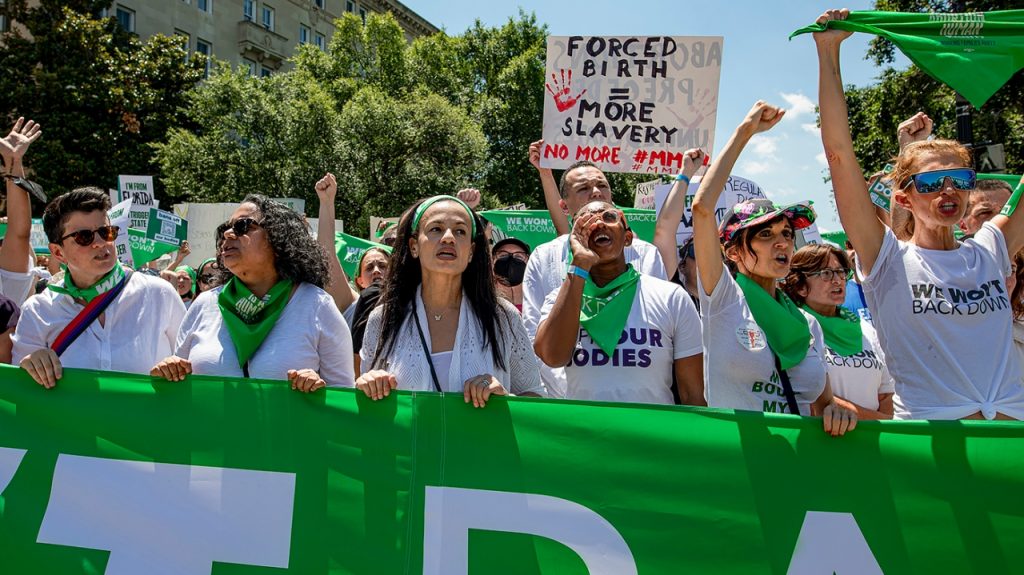
UN committee calls on US to address effects of Dobbs ruling on racial, ethnic minorities
A United Nations committee called on the United States on Tuesday to take steps to eliminate racial and ethnic disparities in sexual and reproductive health care in the aftermath of the Supreme Court overturning Roe v. Wade.
The U.N. Committee on the Elimination of Racial Discrimination said in a release that the Supreme Court’s June ruling in Dobbs v. Jackson Women’s Health Organization, which struck down federal abortion protections, will disproportionately impact racial and ethnic minorities, expressing concern that such groups have higher maternal mortality rates, higher risk of unwanted pregnancies and lack means to overcome socioeconomic barriers to accessing safe abortions.
The committee said the decision could be especially impactful on lower-income individuals.
A study from Duke University released in December found that non-Hispanic Black maternal deaths would increase by 33 percent if a total abortion ban were enacted nationwide, larger than for any other racial group.
The NAACP slammed the court’s Dobbs ruling after it came out, saying it would disproportionately affect Black women, who are three times more likely to die in pregnancy than white women.
The U.N. committee said the U.S. should adopt measures to address the “profound disparate impact” of the court’s ruling on racial and ethnic minorities, Indigenous women and those with lower incomes.
The committee’s recommendations came as part of a review of racial discrimination in seven countries, including Azerbaijan, Slovakia and the U.S. All 182 members of the 1965 International Convention on the Elimination of All Forms of Racial Discrimination are required to undergo reviews by the committee, which is made up of 18 independent international experts.
The committee also expressed concerns about the use of excessive force by law enforcement officials against racial and ethnic minorities in the U.S. and the “continued impunity for abuses” by police and U.S. Customs and Border Protection officials. It said the U.S. should review federal and state legislation on the use of force to ensure they are in line with international standards and law.
It also said the country should create or strengthen oversight groups to hold law enforcement officials accountable for inappropriate uses of force.